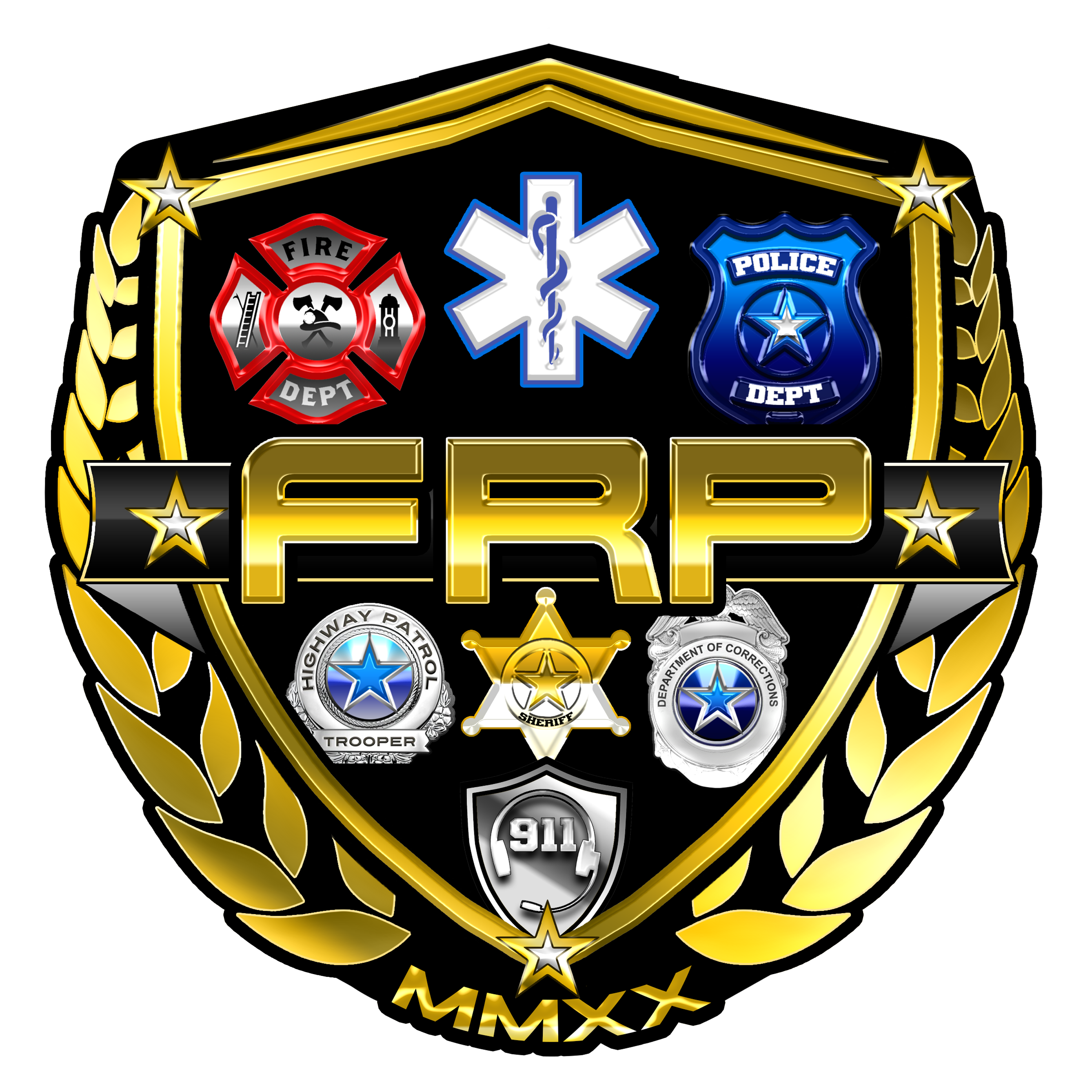The Importance of Peer Support for First Responders
First responders answer a calling that demands unwavering courage, selflessness, and resilience. They stand strong in the face of adversity, offer hope in moments of despair, and serve as pillars of support for communities in crisis. However, the weight of this responsibility can overwhelm even the strongest individuals. Therefore, no one should bear this burden alone, which is why reaching out to fellow first responders for support plays a crucial role in sustaining the very heroes who sustain us all.
The unique experiences and challenges first responders face create a bond that few others can truly understand. This shared experience forms the foundation of a powerful support network. For instance, when a firefighter connects with a fellow firefighter, or a paramedic confides in another paramedic, they establish an instant connection – a mutual understanding that requires no explanation. Consequently, this peer support provides immediate relief, validation, and a sense of belonging that proves invaluable in managing job-related stresses.
Over time, the cumulative effect of traumatic incidents, long hours, and high-stress situations can take a toll on a first responder’s mental health and emotional well-being. By reaching out to peers who have weathered similar storms, first responders can gain practical coping strategies and emotional support. This interaction creates a safe space where they can share vulnerabilities without fear of judgment and find strength in unity. Thus, such peer-to-peer connections can effectively prevent burnout, compassion fatigue, and mental health issues like PTSD.
Moreover, the act of reaching out itself demonstrates resilience and self-care. It acknowledges that seeking support signifies strength, not weakness, and shows commitment to personal well-being and professional longevity. By fostering a culture of open communication and mutual support, first responders create an environment where it’s okay to not be okay, and where asking for help becomes a sign of courage.
Furthermore, peer support networks serve as a bridge to professional mental health services when needed. Fellow first responders often recognize signs of distress in their colleagues and can encourage them to seek additional help. By sharing their own experiences with counseling or therapy, they help destigmatize mental health care within the first responder community.
Recognizing the importance of peer support proves crucial for promoting the overall well-being and effectiveness of first responders. Encouraging and facilitating these connections ensures that those who dedicate their lives to protecting others receive protection themselves. This creates a ripple effect of resilience, equipping supported first responders to better serve their communities.
Ultimately, reaching out to fellow first responders affirms the shared values and experiences that define this noble profession. It reminds us that in the face of adversity, no one stands alone. By fostering these connections, we strengthen individual first responders and reinforce the entire network of heroes who stand ready to answer the call, day after day.


